Infrastructure Sustainability Council Awards 2024 celebrate ANZ’s most sustainable infrastructure projects
Thursday 25 October 2024, Sydney – The Infrastructure Sustainability Council (ISC) has presented nine awards for exceptional performance at the tenth Infrastructure Sustainability Awards at the Gala Dinner of the ISC Connect 24 conference.
The awards honour the best of the best in sustainable infrastructure. The judges recognized five projects that delivered excellent performance, two organisations that have created sector-wide impact, and two individuals for their exceptional leadership in sustainable infrastructure. The judges also highly commended three projects and one emerging leader.
The ISC recognises that infrastructure needs to deliver a range of values beyond the basic expectation of connecting communities. These values include:
- supporting economic development and keeping the sector attractive to investors
- social performance in creating jobs, and protecting culture and heritage
- environmental management, reducing waste and emissions and protecting biodiversity
- governance systems that accelerate beneficial outcomes through appropriate oversight and enabling framework
- resilience – so that infrastructure continues to serve its purpose as affected by a range of chronic stresses and acute shocks, including climate change impacts
“These awards highlight the best of sustainable infrastructure in Australia and Aotearoa New Zealand”, said Toby Kent, CEO of the ISC. “Every year the competition gets tougher as the collective expertise of the sector builds on the achievements of previous years. It’s a privilege to recognise the winners, and to celebrate the ambition of the individuals, projects and organisations that collectively drive us all to do even better.”
This year’s awards programme and Gala Dinner were generously partnered by Holcim, a leading supplier of innovative and environmentally sustainable building materials. Reflecting the importance of ISC Connect as the pre-eminent gathering of industry leaders and professionals, Holcim also unveiled its sustainability-focused new brand identity at the conference.
George Agriogiannis, CEO of Holcim Australia and New Zealand, said: “Our new brand represents more than just a fresh look – it embodies our ambition to lead the way in creating a sustainable future for construction. Aligned with our global company, we are focused on innovative and sustainable solutions and to achieving net-zero emissions by 2050. Our new brand identity reflects who we are today and the exciting journey ahead.”
“I am grateful to Holcim for their generous support for the 2024 Infrastructure Sustainability Awards. As a recognized leader in innovation for sustainability, Holcim’s support perfectly matches our brands and aspirations,” added Mr Kent.
“These awards really capture the “can-do” capacity-building spirit of the founding members of the ISC”, said Jeremy Stone, Deputy Chair of the ISC. “Designed as an accelerator, they play an important role in raising the bar on the ambition of the best minds and leaders in the sector, and at the same time socialising the winners’ achievements and speeding their adoption across the whole infrastructure supply chain.”
Infrastructure Sustainability Awards 2024 Winners
Sustainability Leadership – Outstanding Achievement
The Preston Level Crossing Removal Project, by North Western Program Alliance (NWPA), exemplifies outstanding excellence in sustainable infrastructure. This project removed four level crossings, constructed two kilometres of elevated rail viaduct, two new stations and precincts, and extensive open spaces, converting a brownfield rail line into a green corridor for the community. NWPA’s governance framework embedded sustainability early resulting in innovative engineering and community engagement solutions including Radiant Heat Curing (Australian first), Single-Line Running (Victorian first) and Indigenous engagement and design
Quantifiable sustainability outcomes include a 47% reduction in energy emissions, 24% reduction in materials emissions, and a 105% increase in ecological value. The Project created 60,000m2 of new public space and invested $1.28 million into 22 social enterprises and 25 indigenous owned businesses.
Sustainability Leadership – Excellence in Governance
Major Road Projects Victoria, Seymour Whyte and SMEC’s Pound Road West and Frankston-Dandenong Road Upgrade Project prioritised the creation of value opportunities in the local economy, and fortified partnerships for improving infrastructure through excellent stakeholder collaboration and a commitment to reducing impact.
Sustainability Leadership – Excellence in Economics
The North Western Program Alliance’s Recycled First Competition in the Keon Road Level Crossing Removal Project drove significant economic value for the circular economy by addressing and solving key barriers to the use of recycled product. A replicable model that demonstrates how to harness economic impact, the competition provided investment that facilitated the pathway to market for recycled products and materials, and removed perceived ‘green premiums’, while supporting the creation of new jobs and local businesses.
Sustainability Leadership – Excellence in Social
Gamuda and Laing O’Rourke Consortium established the first Tunnelling and Infrastructure Academy (TIA) in NSW on the Sydney Metro West – Western Tunnelling Package project. The TIA addresses a national skills shortage through unique job opportunities for young people and other groups through Pre-Employment Program pathways, school-based programs and the first national accreditation in tunnelling operations.
Sustainability Leadership – Excellence in Environmental
Economic Development Queensland’s Northshore Street Renewal Program is shaping the Brisbane 2032 Olympic and Paralympic athletes’ village as a model for sustainable, sub-tropical living. The project incorporates culturally significant vegetation for First Nations peoples and climate-resilient tree species that will provide 63% shade cover across the site, reducing heat stress and enhancing climate resilience.
Industry Impact – Private Sector
ARUP has long been recognized as a leader in the shaping the future of sustainability, building leading edge solutions into some of Australasia’s highest profile projects in recent years.
Industry Impact – Public Sector
The Office of Major Transport Infrastructure Delivery (OMTID) has pioneered sustainable infrastructure delivery in Western Australia through its outcomes-led prioritisation approach. OMTID has transformed its internal processes and driven industry-wide change, leveraging Infrastructure Sustainability and other certifications to achieve significant results, prioritising sustainability outcomes and stakeholder collaboration.
Individual Contribution to a Sustainable Future – Emerging Leader
Heidi Dumesich of Ventia is making an impact in sustainability by pioneering renewable diesel and supporting the continued use of crumb rubber and other sustainable asphalt mixes in road projects. Heidi co-hosts the “Life on Planet A” podcast and collaborated with Ventia on sustainability in asset management, educating and inspiring a broader audience. She also volunteers with Climate Writers, advocating for stronger sustainability policies.
Individual Contribution to a Sustainable Future – Enduring Impact
Cathy Chesson of Mott MacDonald exceptional ability to identify and drive opportunities for advancing sustainability and her leadership has fostered a culture of responsibility, guiding colleagues to follow her example for over two decades. Her dedication to nurturing talent and continuous improvement has actively shaped the leaders of tomorrow.
Highly Commended
Excellence in Economics
The MELconnx Alliance (Laing O’Rourke & Public Transport Authority) for the METRONET Morley-Ellenbrook Line. METRONET’s Gnarla Biddi (Our Pathways) Strategy and Stretch Reconciliation Action supported Indigenous procurement totalling $53 million across fifty-two local Aboriginal businesses and an Indigenous employment participation rate of 5.5% across a5,000-strong workforce
Excellence in Social
The Late-Start program at John Holland’s M7-M12 introduces a second, paid, rostered pre-start of 8:45am – complementing the standard 6.45am session – meaning women, other parents and carers, and those with varying morning commitments can now pursue a career in construction. This unique program not only helps to diversify the construction industry’s workforce, it also helps to address the sector’s skills shortage by promoting construction as a flexible and accommodating employer of choice.
Emerging Leader
Camila Fonseca Mazzo of Laing O’Rourke has collaboratively facilitated sustainability initiatives that far exceeded contractual requirements, setting new benchmarks across the infrastructure sector. Equally dedicated to community engagement, supporting volunteering efforts and fostering a culture of inclusion, she actively mentors junior staff and shares her sustainability knowledge across the industry.

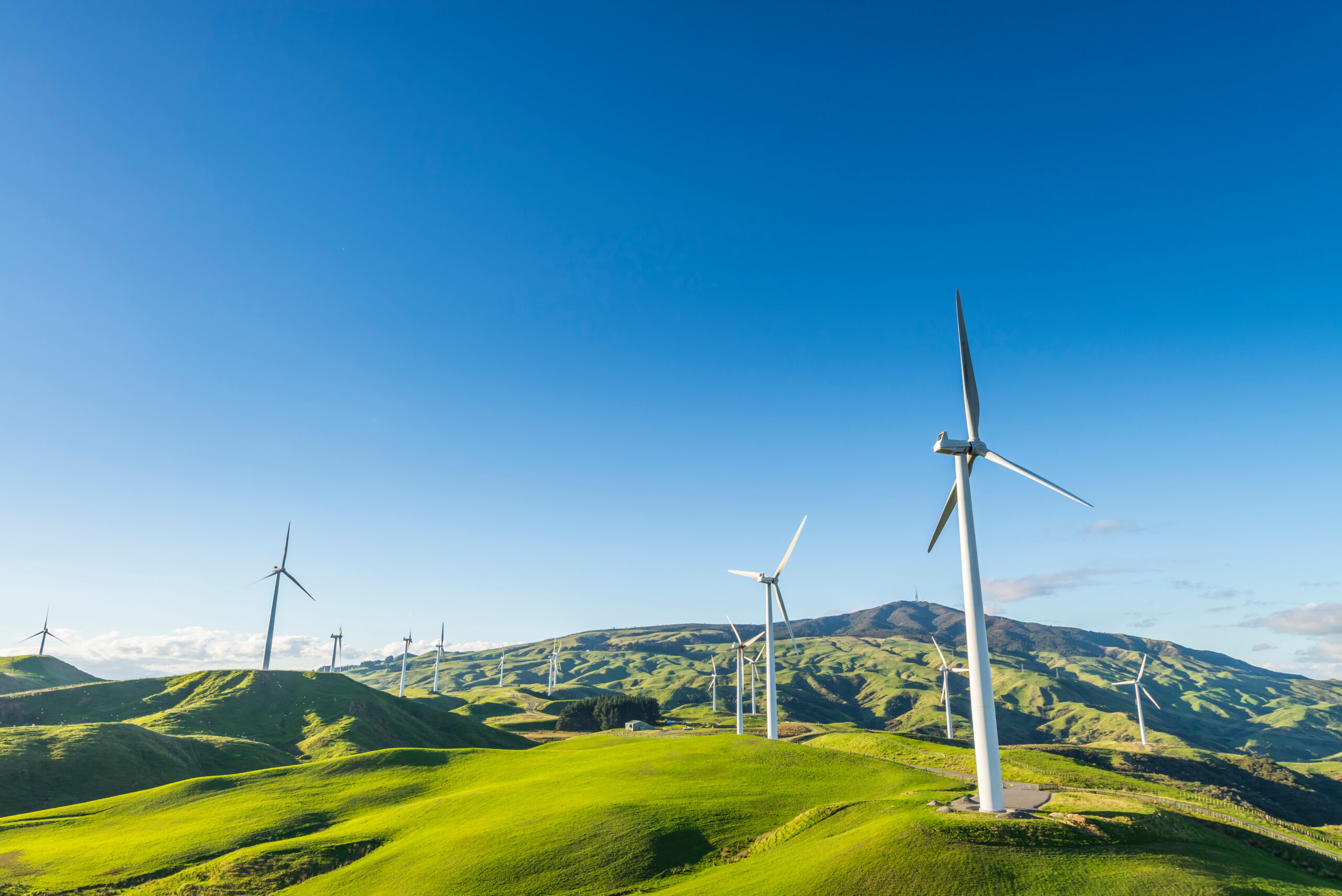


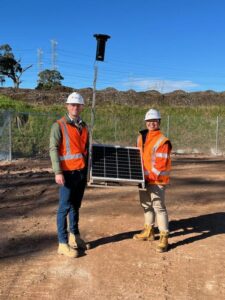
 Once
Once  “I really enjoy being able to use my environmental economic knowledge and apply the principles of science communication to achieve desired outcomes. Some people can profit from providing misinformation, whereas my value is being able to comprehend and deliver
“I really enjoy being able to use my environmental economic knowledge and apply the principles of science communication to achieve desired outcomes. Some people can profit from providing misinformation, whereas my value is being able to comprehend and deliver 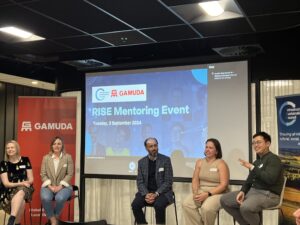
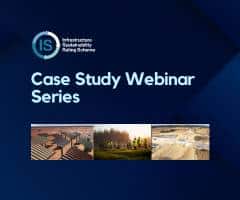
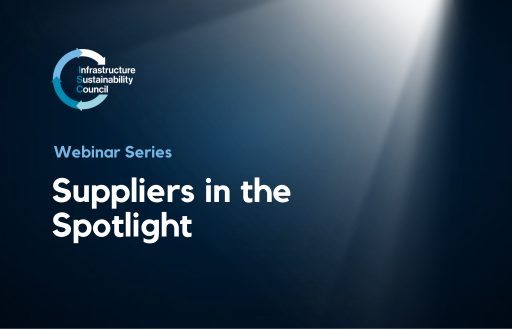
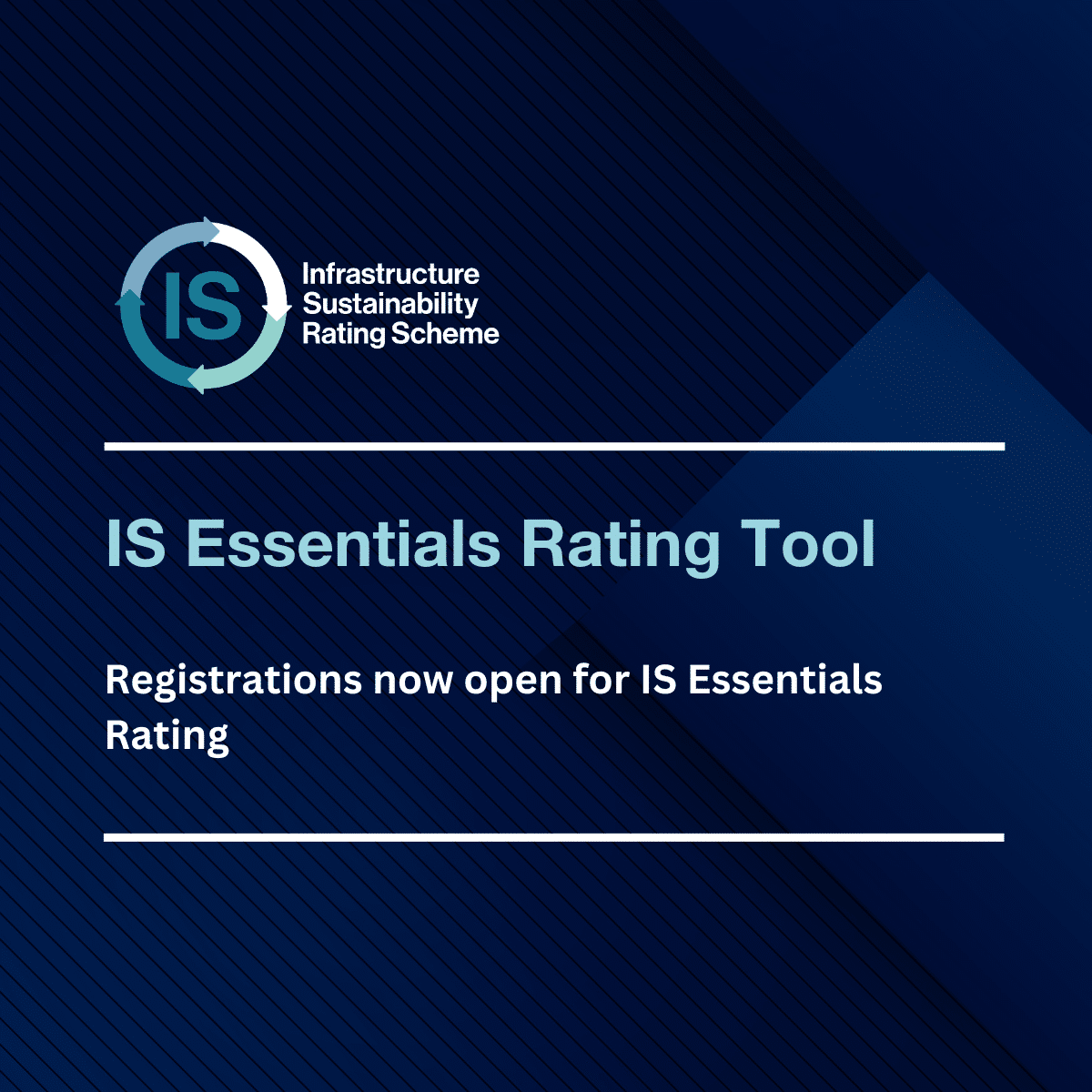

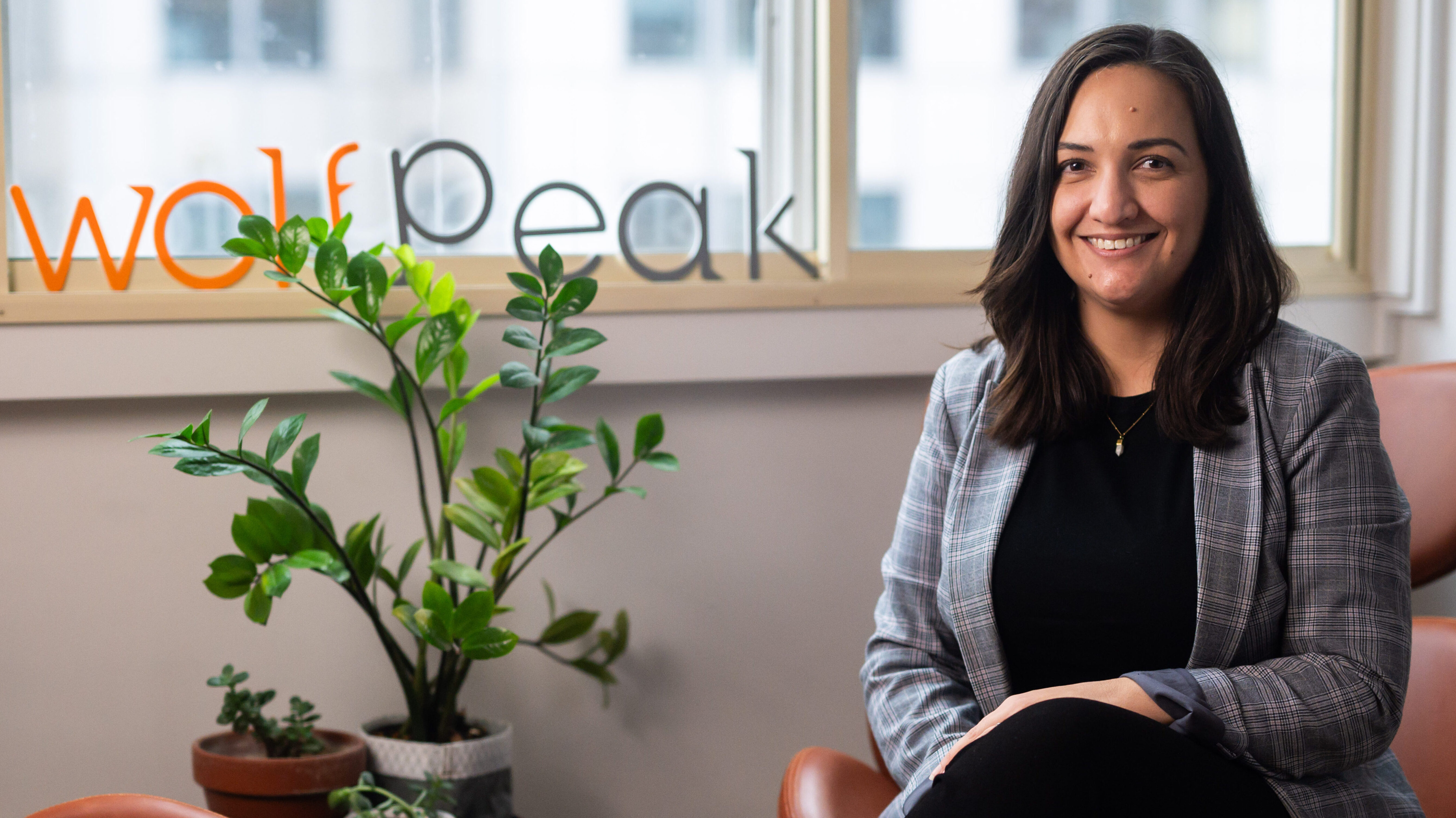


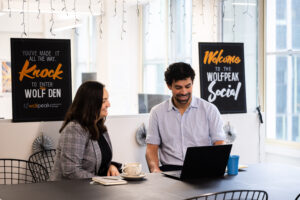 The male-dominated atmosphere on site was sometimes daunting, Ann admits. “I had been quite shy growing up, and I found myself in an environment that was very dirty, very masculine and very loud. It was confronting at first, but I quickly grew to love it. I felt part of something bigger and could see how my role mattered to the broader project. This built my confidence.”
The male-dominated atmosphere on site was sometimes daunting, Ann admits. “I had been quite shy growing up, and I found myself in an environment that was very dirty, very masculine and very loud. It was confronting at first, but I quickly grew to love it. I felt part of something bigger and could see how my role mattered to the broader project. This built my confidence.” The relationships you build during your career often bring unexpected opportunities, and soon Caitlin came calling with a new challenge – the $1.8 billion Sydney Metro City and Southwest Tunnel and Station Excavation works for a consortium which included John Holland, CPB Contractors, and Ghella. Caitlin wanted Ann to take on the Sustainability Manager role.
The relationships you build during your career often bring unexpected opportunities, and soon Caitlin came calling with a new challenge – the $1.8 billion Sydney Metro City and Southwest Tunnel and Station Excavation works for a consortium which included John Holland, CPB Contractors, and Ghella. Caitlin wanted Ann to take on the Sustainability Manager role.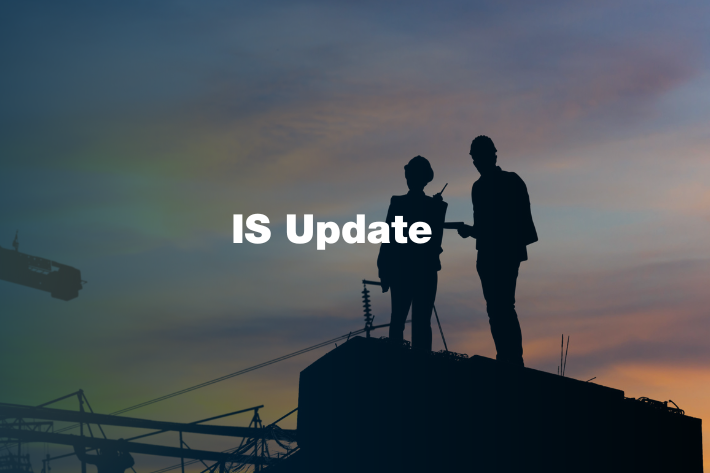
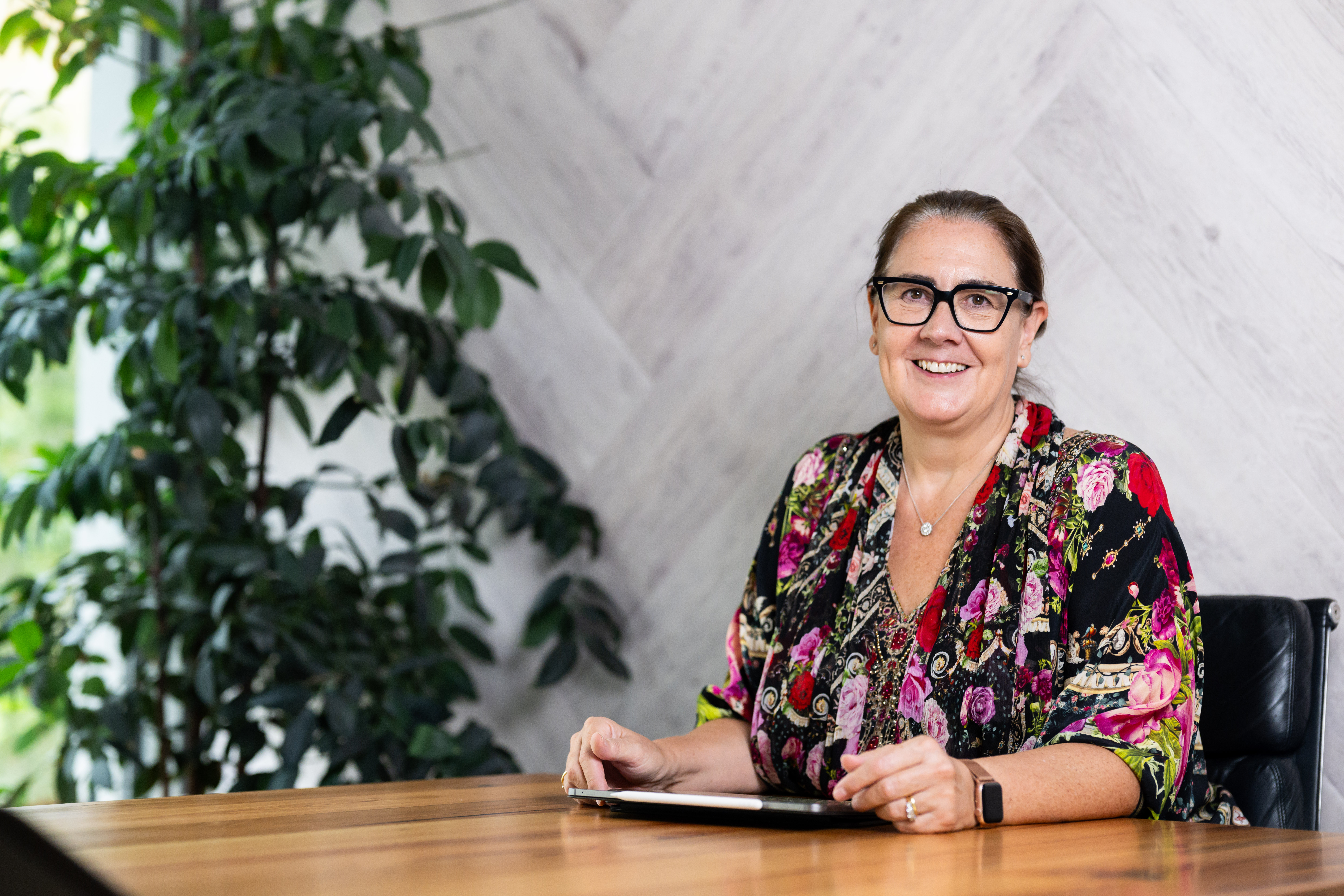

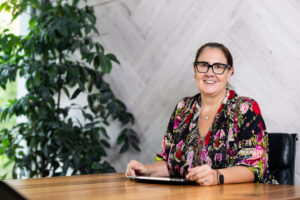 Jayne is also a Non-Executive Director of the Australian Contractors Association, the Chair of the ACA Culture Committee, a member of the Culture in Construction Taskforce, and a member of Chief Executive Women. Jayne also served two terms on the board of the Infrastructure Sustainability Council.
Jayne is also a Non-Executive Director of the Australian Contractors Association, the Chair of the ACA Culture Committee, a member of the Culture in Construction Taskforce, and a member of Chief Executive Women. Jayne also served two terms on the board of the Infrastructure Sustainability Council. “When we pursued that first rating, I was really clear with the team that we could spend no more money than we would on any other project. It had to be a cost neutral business case, at the very least.”
“When we pursued that first rating, I was really clear with the team that we could spend no more money than we would on any other project. It had to be a cost neutral business case, at the very least.”